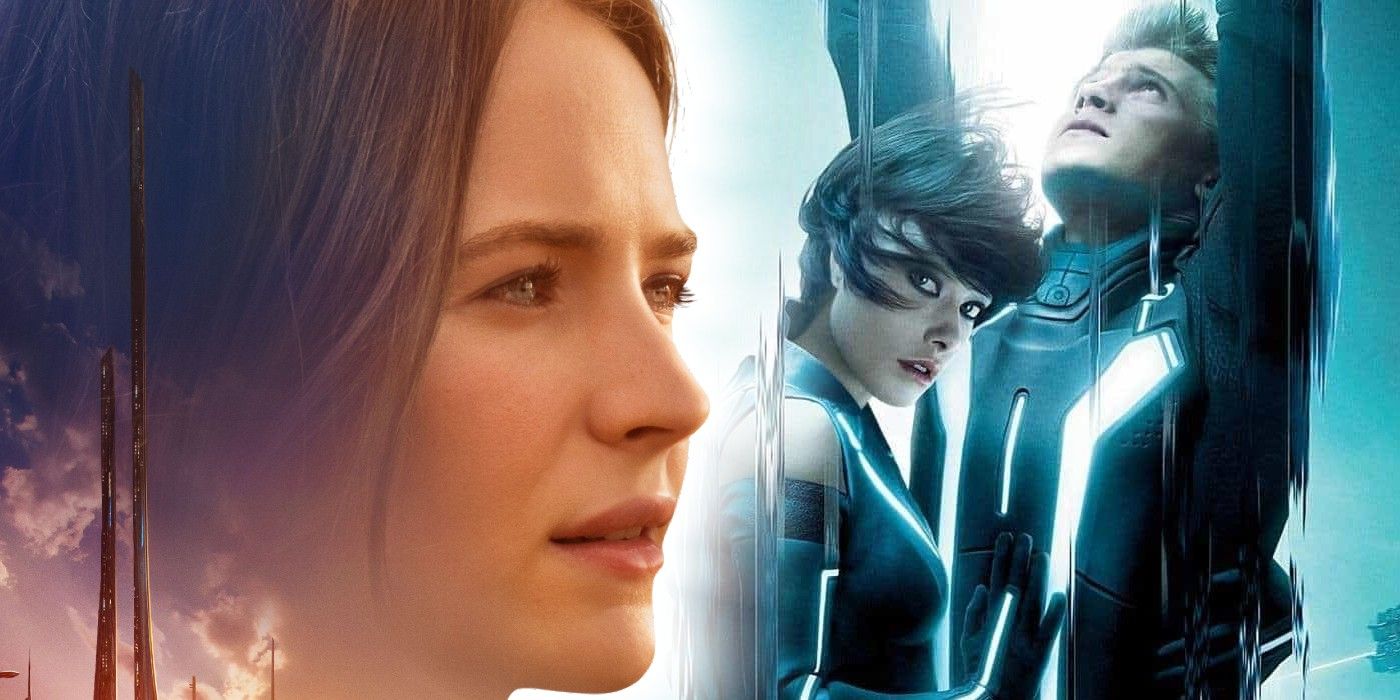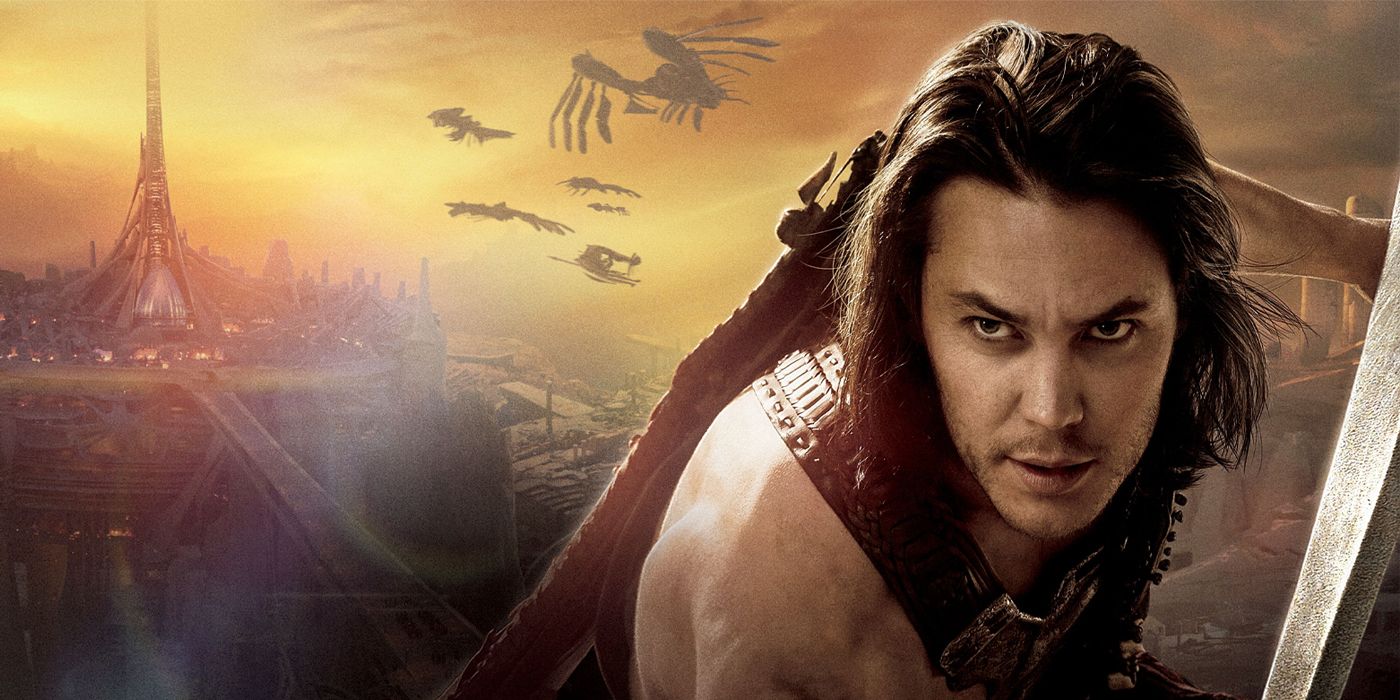Disney keeps trying, but failing, to launch new sci-fi franchises with movies like TRON: Legacy and Tomorrowland, usually for the same reasons. For all their success over the last ten years, the Mouse House has struggled to get a lucrative new in-house property off the ground. Most of their attempts have come in the form of sci-fi movies that bring fantastical worlds to the big screen, be it the digital frontier of The Grid in Legacy, the secret futuristic cityscape that is Tomorrowland, or the war-torn planet of Barsoom (a fictionalized version of Mars populated by Red and Green Martians) from John Carter.
The trend has only continued with their latest would-be sci-fi franchise starter, Artemis Fowl. Adapted from Eoin Colfer's science-fantasy novels about the titular 12-year old supervillain and his battles with the Lower Elements Police Reconnaissance Force or LEPRecon (aka. the fairy police), the $125 million film has earned terrible reviews after its theatrical release was cancelled due to the COVID-19 pandemic, and the film premiered exclusively on Disney+. If there was any hope of a sequel before, they've quickly been squashed by the negative reactions to the film.
It's not hard to see where Artemis Fowl went wrong: in addition to removing much of what made Colfer's books unique (beginning with Artemis, whom the movie turns into a reluctant hero), the final version of the film is a choppy mess and seems to leave some key material (including, entire subplots teased in the movie's trailers) on the cutting room floor. In terms of what made it to the big screen, Artemis Fowl is also curiously limited in scope and primarily takes place in either Fowl Manor or LEPRecon headquarters in Haven City (a civilization of fantasy creatures at the center of the earth), rather than actually exploring its larger fantasy setting. And if you've hoping for any kind of explanation for how magical technology works in this universe, well, think again.
In the end, the Artemis Fowl movie comes off feeling derivative of franchises like Harry Potter and Men in Black, both in terms of its plot and mythology. Most would agree John Carter is better by comparison, yet it has many of the same broader issues. By the time Disney made it, films like Avatar and Total Recall had borrowed heavily from John Carter's source material (Edgar Rice Burroughs' 1917 book A Princess of Mars). The latter made changes to the original novel to avoid coming off as a rehash of those movies, but its resulting storyline was still pretty familiar and its world-building was all the more confusing and convoluted for it. Much like they did with Artemis Fowl, Disney was guilty of removing too much of what gave John Carter its flavor (see also: its refusal to use either "princess" or "Mars" in the title), in a bid to ensure the property would have greater crossover appeal.
TRON: Legacy and Tomorrowland have similar problems when it comes to explaining the lore behind The Grid and Tomorrowland (the place, that is). They're both full of interesting themes about technological advancement and the importance of giving people the tools they need to make the world a better place, yet they don't always strike an even balance between scenes of characters pontificating about science and flashy action sequences. There's a sense both films could've gone deeper with these concepts, but were restricted by their need to fulfill the crowd-pleasing promise of the Disney brand. They also seem unwilling to branch certain topics that might've made the Mouse House uncomfortable. Tomorrowland, specifically, has nothing to say about the role corporations played in causing the misfortunes of today, even as it wags its finger at everyday people for losing hope about the future.
Obviously, it's possible to make thought-provoking sci-fi movies with mainstream appeal, but most of Disney's would-be sci-fi franchise starters from the previous ten years have either watered down and re-imagined their source material to the point of making it convoluted and derivative, or they haven't pushed their sci-fi ideas as far as they could've, seemingly to avoid ostracizing their core family audience. These films all had the ability to give the Mouse House the smash-hit they've been searching for (and some still turned out pretty well), but until they start learning from their mistakes and stop repeating them, their sci-fi movies are only going to continue struggling to realize their potential.


